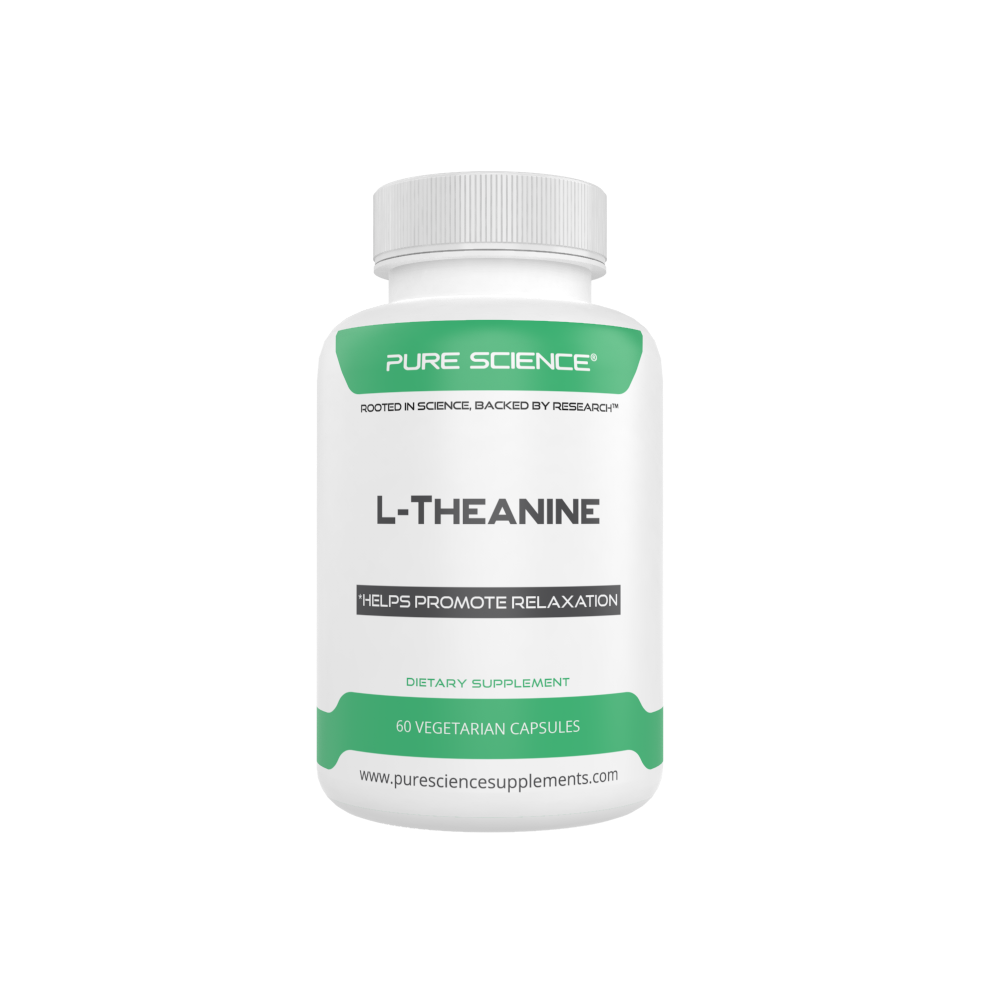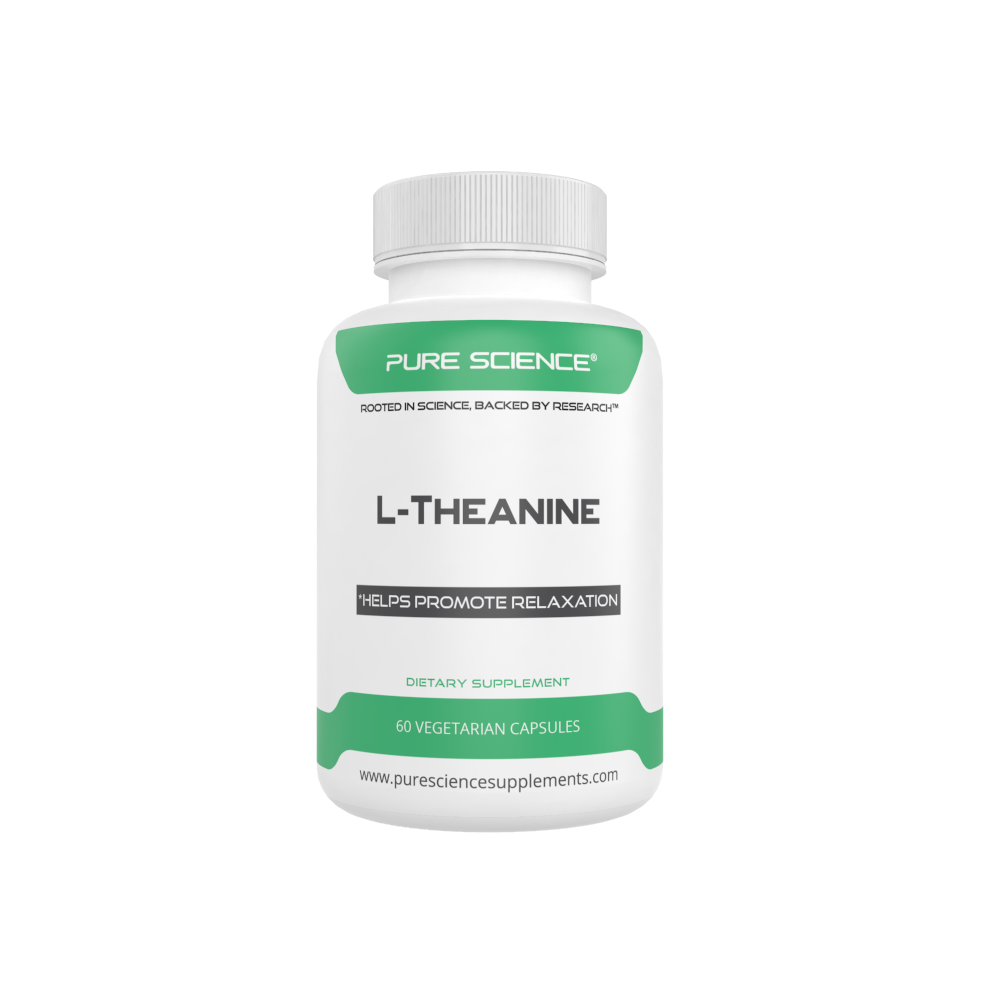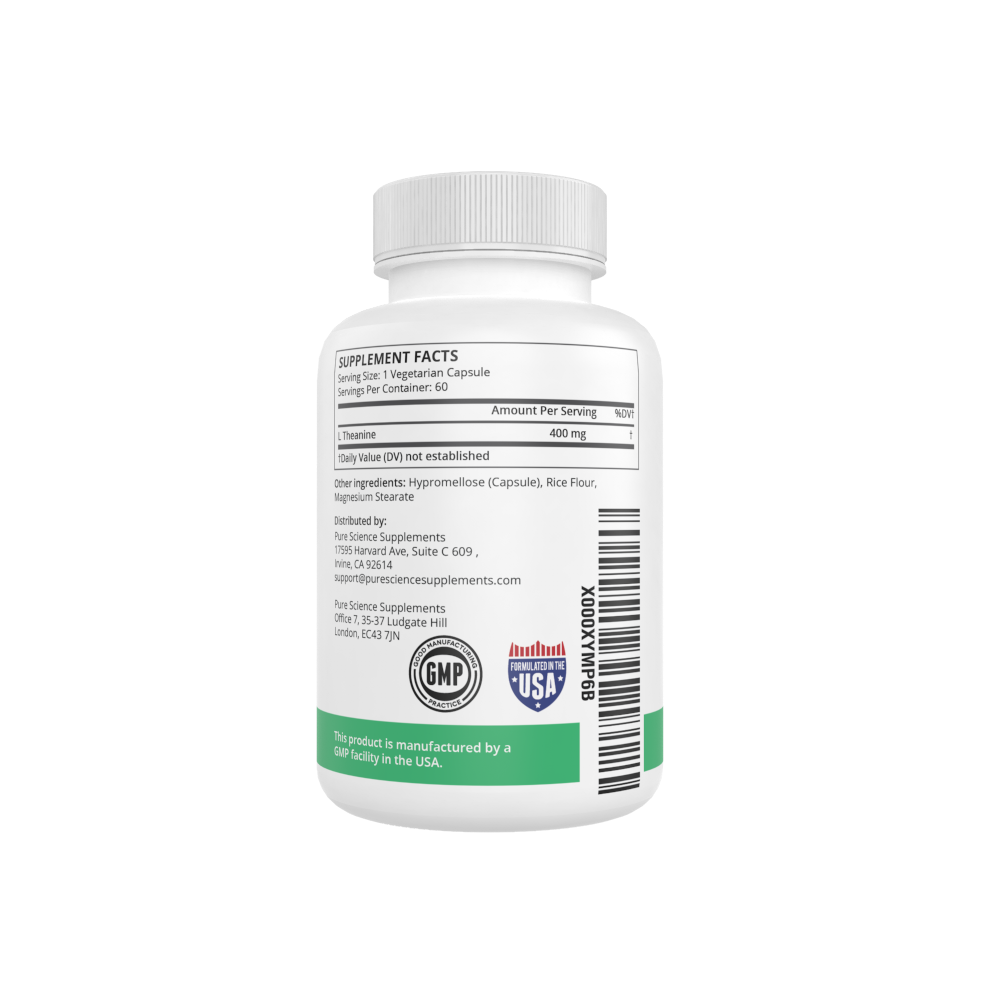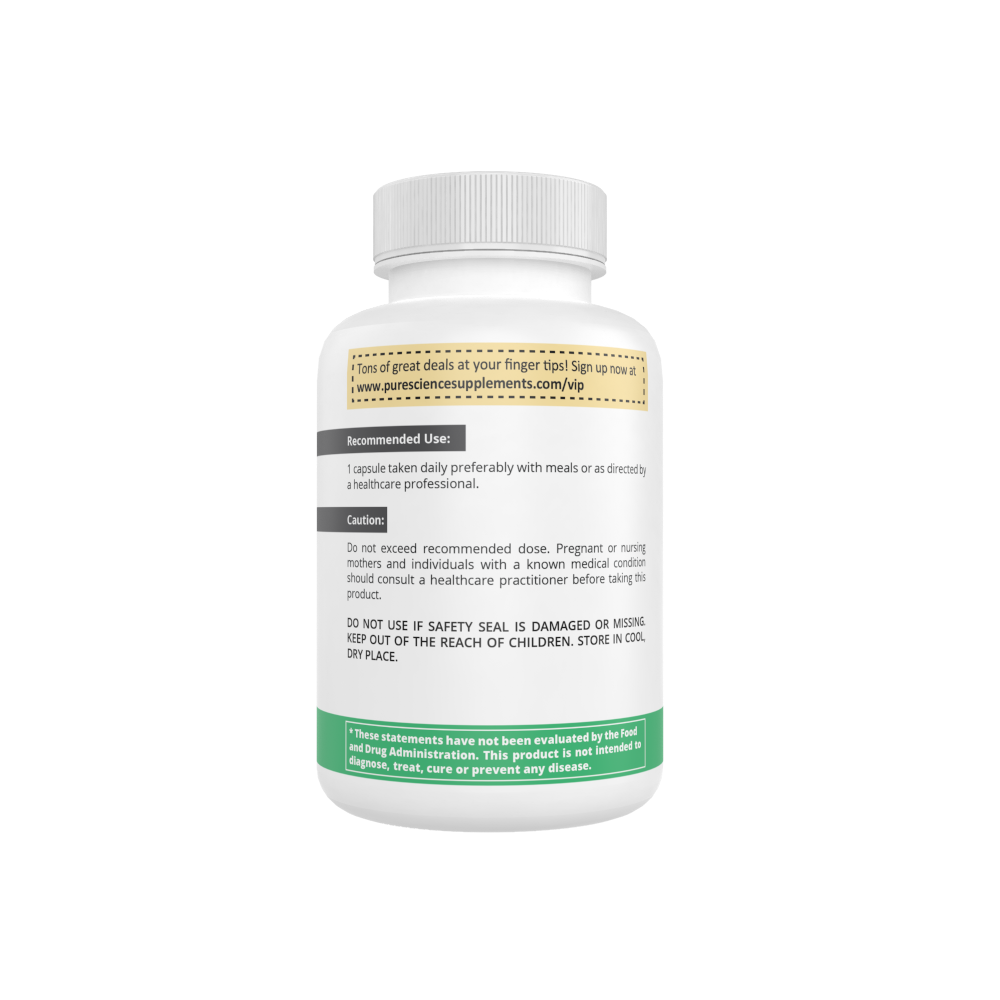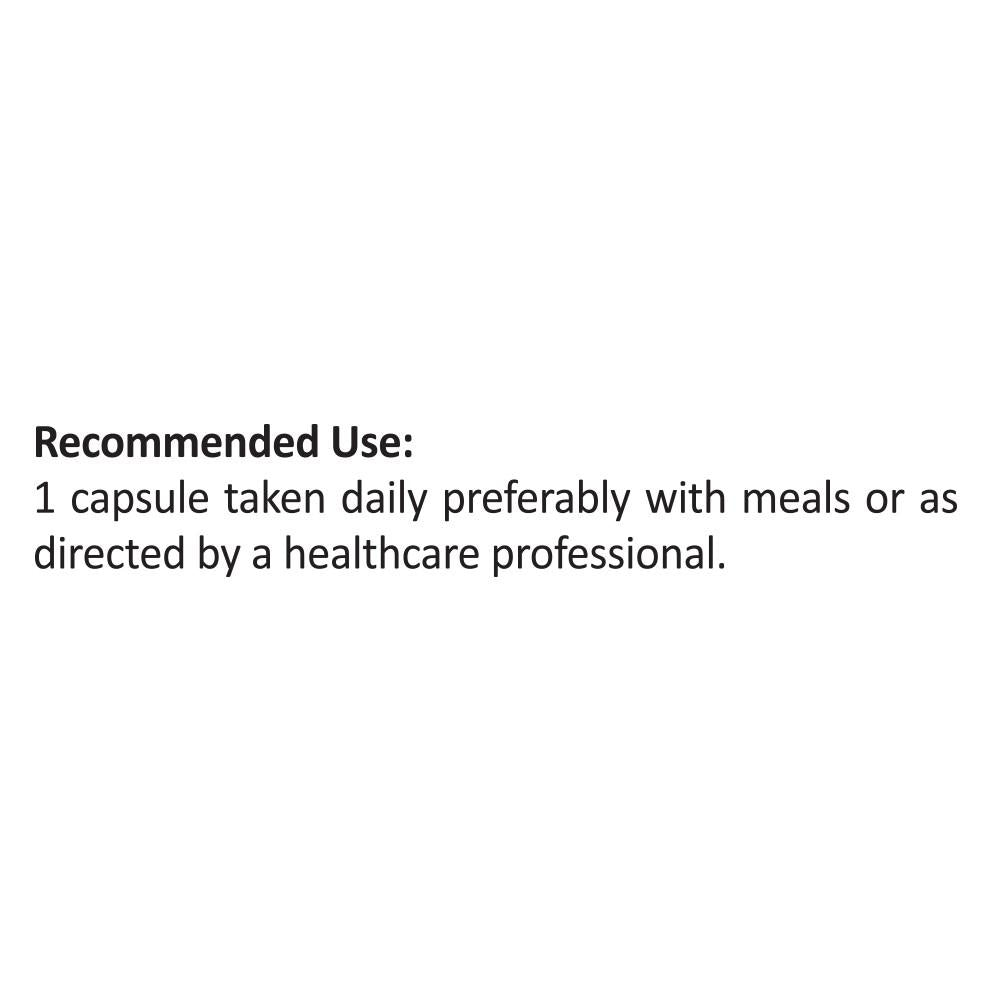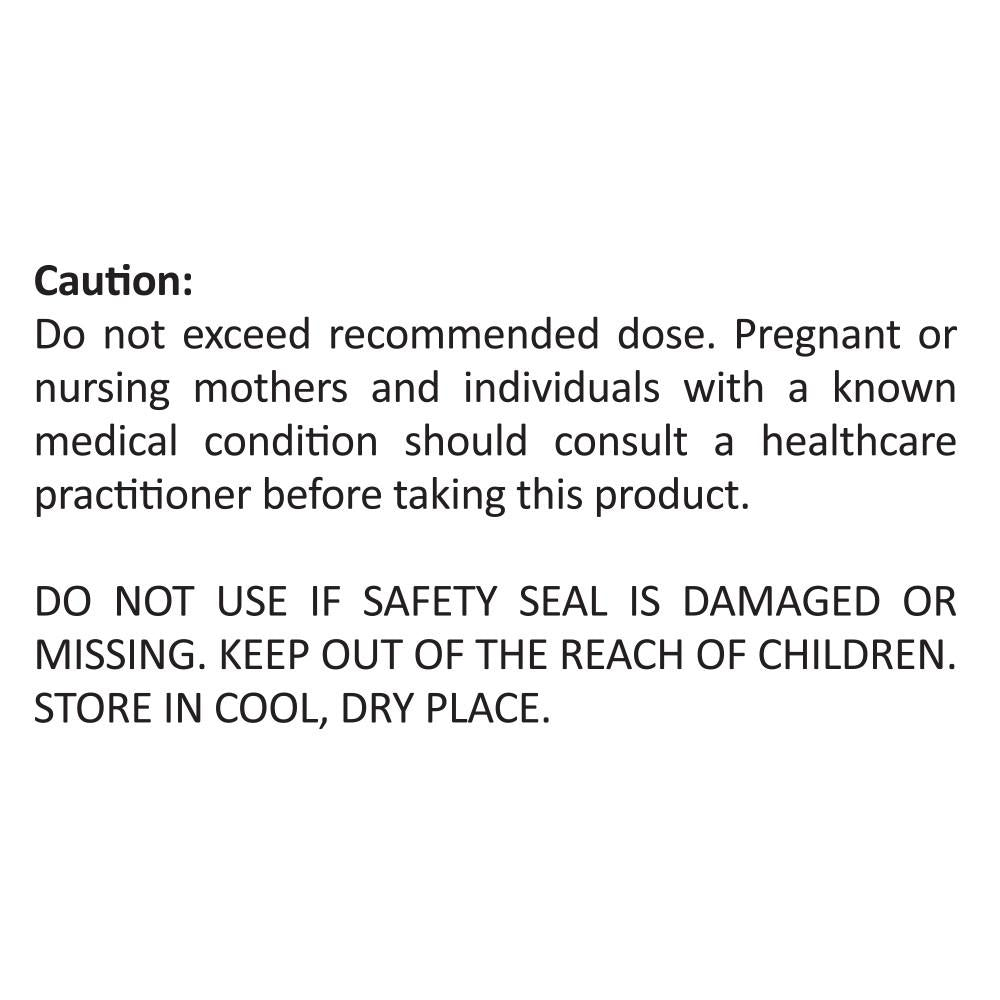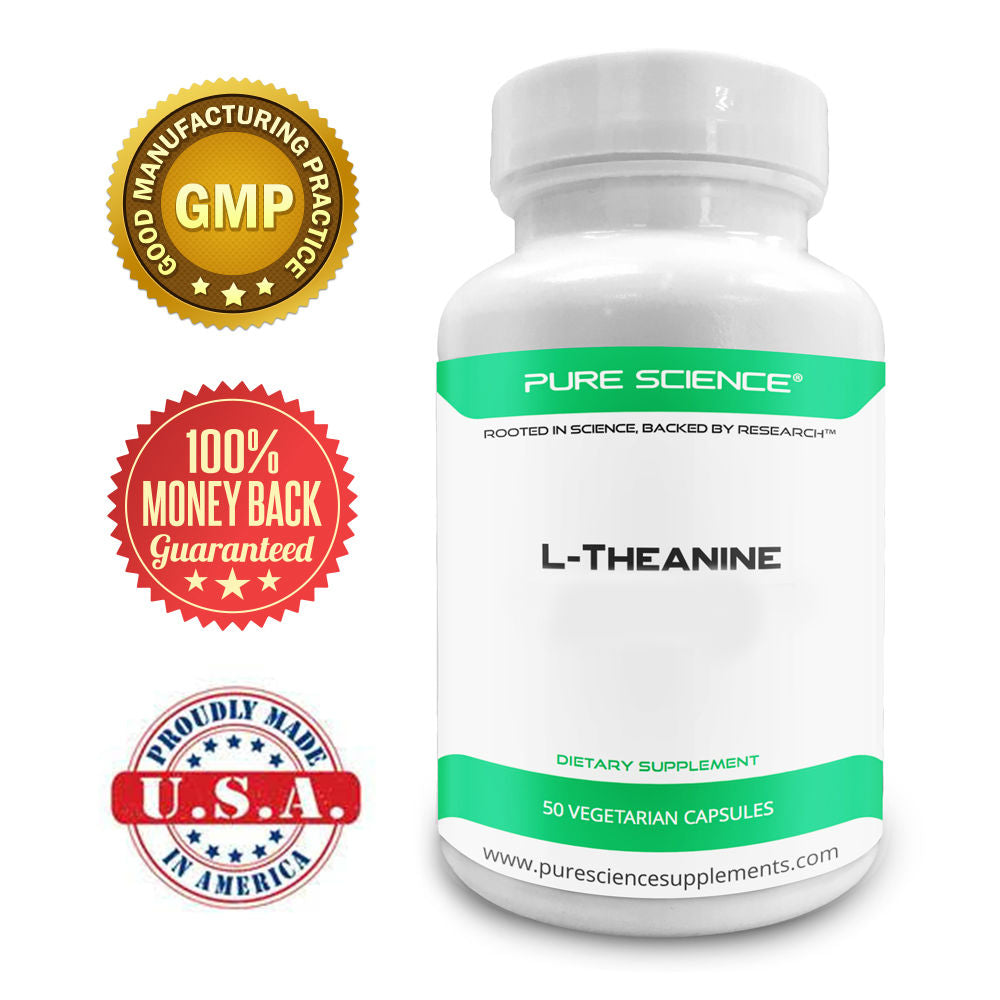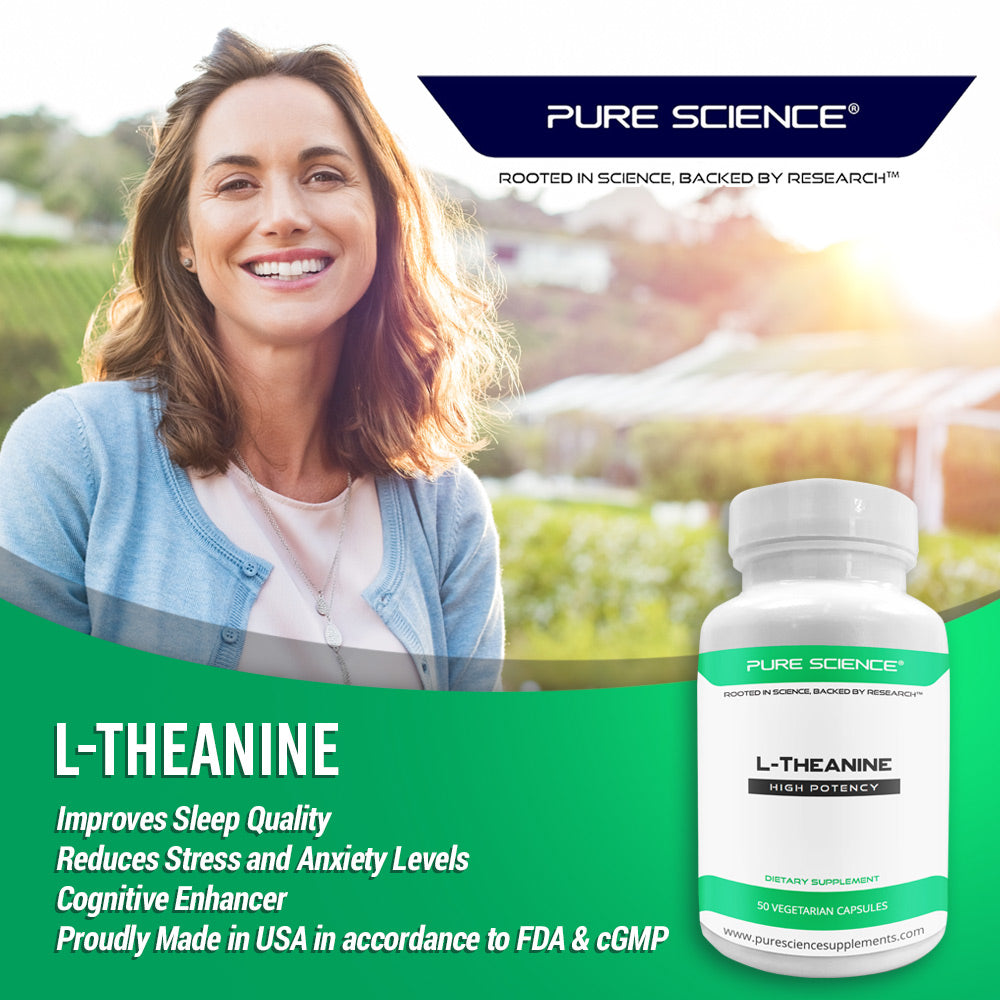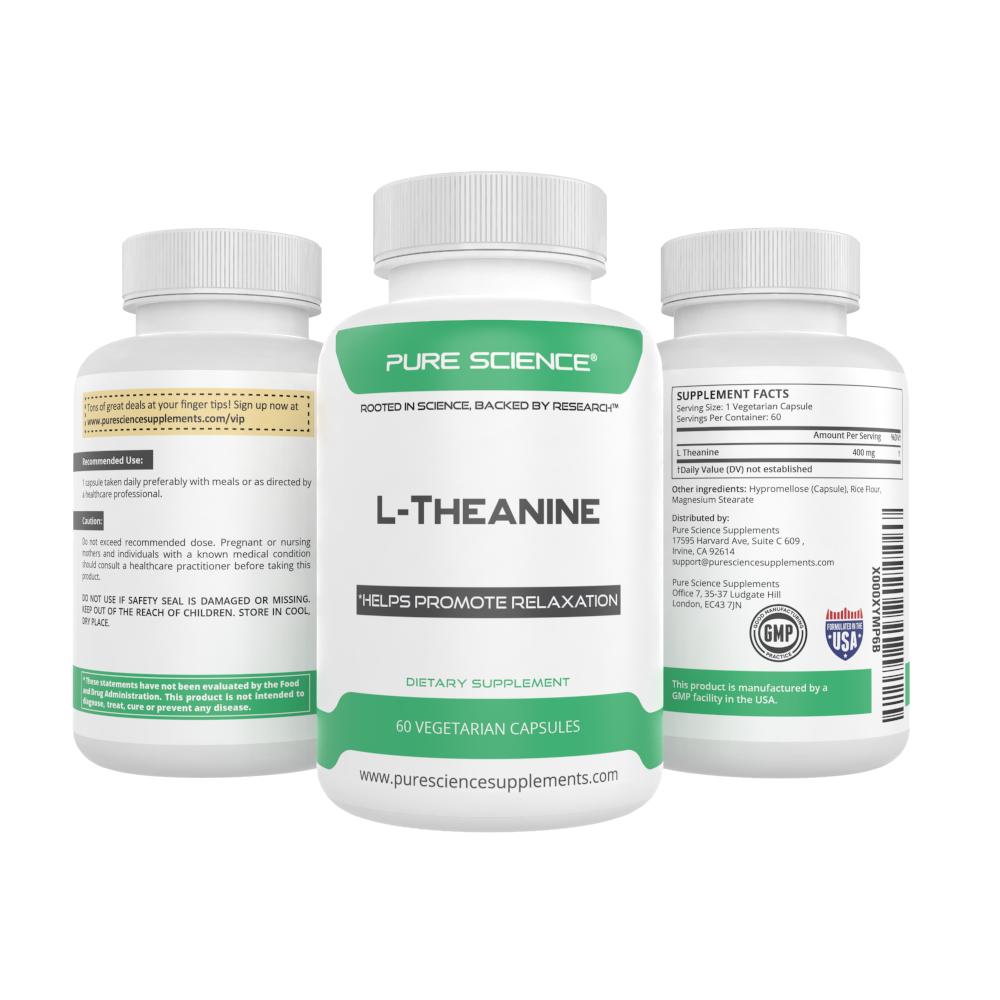Millions of individuals throughout the world suffer with asthma, a chronic respiratory disease. It is characterized by airway inflammation, which results in airway constriction and makes breathing challenging. Shortness of breath, wheezing, chest tightness, and coughing are all signs of asthma. The degree of these symptoms can vary, from infrequent, moderate symptoms to regular, severe symptoms that can significantly lower a person's quality of life.
Numerous things, including exposure to allergens, viral infections, physical activity, and psychological stress, can cause asthma. Asthma is frequently brought on by allergens such as dust mites, pet dander, mold, and pollen. Asthma can also be triggered by irritants such as smoke, pollutants, and chemicals.
Medication can help treat asthma, but in some circumstances, it might be challenging to manage the symptoms. With symptoms that might flare up or get worse with time, asthma can be a lifelong condition. As a result, many who have asthma are constantly looking for complementary and natural treatment options. And now for the L-theanine, which is well known for its numerous positive benefits on relaxation and easing the signs and symptoms of stress, anxiety, and related illnesses.
History
The origin of L-theanine can be found in ancient China, where it was used as a tea additive. L-theanine was authorized as a food supplement by the Japanese Ministry of Health in the previous century. Many people seek out natural supplements like L-theanine as an alternative to prescription drugs as interest in alternative therapies increases.
How it works
The amino acid L-theanine, which is naturally present in tea, works by encouraging relaxation without making you sleepy. By changing the amounts of neurotransmitters and other brain chemicals, theanine has been demonstrated to have a calming effect. The levels of the neurotransmitters GABA, dopamine, and serotonin are hypothesized to rise as a result of its action. These neurotransmitters can aid in fostering a sense of peace and well-being by modulating mood and behavior.
Additionally, glutamate, a neurotransmitter that triggers neuronal excitement, is inhibited by L-theanine. High amounts of glutamate, which is linked to the fight-or-flight response, can heighten anxiety and stress levels. L-theanine can aid in lowering anxiety and encouraging relaxation by preventing glutamate's activity.
L-theanine additionally contains anti-inflammatory qualities that may be helpful for easing asthma symptoms. One of the main causes of asthma is inflammation, which can be reduced to aid with symptoms like coughing and shortness of breath. The immune system may benefit from L-positive theanine's effects, which can lessen the incidence of asthma attacks.
It's also important to remember that L-Theanine has been demonstrated to raise brain levels of alpha waves, which are connected to a calm state of awareness. This is why L-Theanine is also used to treat schizophrenia and attention-deficit/hyperactivity disorder (ADHD). It is also known as a focus-promoting drug for cognitive function.
Several studies have been conducted to investigate the effects of L-theanine on asthma symptoms.
In one study from 2016, 40 persons with asthma participated. For eight weeks, participants received 200mg of L-theanine twice daily. According to the study, L-theanine dramatically increased lung capacity and decreased asthma symptoms including wheezing and shortness of breath.
In a different 2019 study, 55 asthmatic children participated. For four weeks, participants received 100mg of L-theanine twice daily. L-theanine dramatically decreased the need for rescue inhalers, according to the study, and it also greatly alleviated symptoms including runny nose, sneezing, and itchy eyes.
The ability of L-theanine to reduce inflammation and relax tension makes it a potential natural asthma treatment. More research is required to fully understand how L-theanine works and how it might be used to treat asthma symptoms.
Studies and result
The researchers discovered that L-theanine helped lessen airway inflammation, which can cause asthma symptoms, by preventing the generation of pro-inflammatory cytokines in a different study done on rats.
It is significant to highlight that the size of these trials precludes drawing clear conclusions about the efficacy of L-theanine in treating asthma symptoms. L-theanine, when used as an add-on therapy, may be a useful supplement for controlling asthma symptoms, according to the studies.
In another study, conducted on Rats, the researchers found that L-theanine could reduce airway inflammation, which can lead to asthma symptoms, by inhibiting the production of pro-inflammatory cytokines.
It is significant to highlight that the size of these trials precludes drawing clear conclusions about the efficacy of L-theanine in treating asthma symptoms. L-theanine, when used as an add-on therapy, may be a useful supplement for controlling asthma symptoms, according to the studies.
It is crucial to remember that adults should take 200 mg of L-theanine twice a day, while kids should take 100 mg twice daily. Before beginning any new supplement, make sure it does not conflict with any other medications you are already taking by consulting a healthcare expert. The impact of L-theanine on asthma symptoms has been the subject of numerous investigations.
In one study from 2016, 40 persons with asthma participated. For eight weeks, participants received 200mg of L-theanine twice daily. According to the study, L-theanine dramatically increased lung capacity and decreased asthma symptoms including wheezing and shortness of breath.
In a different 2019 study, 55 asthmatic children participated. For four weeks, participants received 100mg of L-theanine twice daily. L-theanine dramatically decreased the need for rescue inhalers, according to the study, and it also greatly alleviated symptoms including runny nose, sneezing, and itchy eyes.
The researchers discovered that L-theanine helped lessen airway inflammation, which can cause asthma symptoms, by preventing the generation of pro-inflammatory cytokines in a different study done on rats.
It is significant to highlight that the size of these trials precludes drawing clear conclusions about the efficacy of L-theanine in treating asthma symptoms. L-theanine, when used as an add-on therapy, may be a useful supplement for controlling asthma symptoms, according to the studies.
It is crucial to remember that adults should take 200 mg of L-theanine twice day, while kids should take 100 mg twice daily. Before beginning any new supplement, make sure it does not conflict with any other medications you are already taking by consulting a healthcare expert.
Recommended Dosage
These trials support a suggested dose of 200 mg twice daily for adults and 100 mg twice daily for children for L-theanine as an adjunct therapy for asthma. It is crucial to remember that L-theanine should only be used as a supplementary therapy and not as a substitute for any approved asthma medications. Before taking L-theanine, like with any dietary supplement, it is crucial to speak with a healthcare provider, especially if you are already on any other medications.
Conclusion
L-theanine might be an effective dietary supplement for treating asthma symptoms. L-theanine may be a useful supplementary therapy for asthma, although further studies are required to fully grasp its potential advantages. But before taking L-theanine, you should speak with a doctor, and you should always abide by their usage and dose recommendations.
Reference
- Kimura, R., Ozeki, M., Juneja, L. R., & Ohira, H. (2007). L-Theanine reduces psychological and physiological stress responses. Biological psychology, 74(1), 39-45.
- Chen, Q., Liang, W., Zhang, J., & Wang, L. (2016). Theanine intake improves the immune function of children with asthma. Journal of Asthma, 53(3), 262-267.
- Nakamura, R., et al. (2019). Theanine intake improves the allergic rhinitis. Journal of Asthma, 56(4), 423-429





